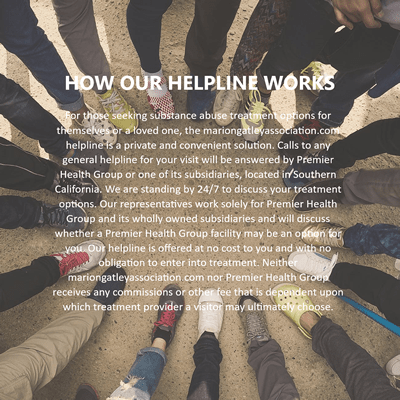You may have heard about the tragic and shocking link between health care professionals and addiction. With access to so many drugs, including narcotics and opioids, hospital staff can easily steal from their workplaces, and are at risk for developing addictions. But health care professionals aren’t the only ones who struggle with addiction—veterinarians, who have access to the same kinds of addictive drugs and face similar stressors, are at risk for addictions as well but are less likely to get treatment at drug rehab.
The prevalence of substance abuse among vets is high; one estimate puts it between 11 and 13%, which is slightly over all health care professionals in general . A survey that covered 100 vet practices in the U.S. found that 14% of practice managers ended their practice due to drug abuse problems, and a second survey from the American Animal Hospital Association reported that 56% of respondents said they’d worked with someone who had a substance abuse problem. Clearly, the veterinary profession has a problem with substance abuse and addiction, but unfortunately, it’s difficult for vets to find treatment at addiction recovery centers.
Unlike other professions, veterinarians don’t have a national monitoring program for drug and alcohol abuse or addiction. There is no official program or organization to turn to when a vet realizes they have a problem, and the fear of losing their license can cause them to hide all evidence of their abuse, preventing any kind of help or rehabilitation. Employees who notice their employer’s substance abuse may be loth to report it, for fear of losing their job. Vets can also be more isolated than hospital staff, and don’t come into contact with preventative addiction materials or information as often. Instead, they work at private clinics, where their problems can stay hidden for years. Due to their unique set of circumstances and challenges, veterinarians are much less likely to get the help they so desperately need through an addiction treatment facility.
Vets face enormous challenges while on the job. Like health care professionals, they have a great risk of developing anxiety or depression due to the inherent stressors of caring for another being’s life. But unlike hospital staff, vets are often pressured to kill their patients. Pet owners may ask vets to perform euthanasia on an old, injured, or unwanted animal. Over time, these procedures take a harsh toll on vets, and they can develop compassion fatigue, leading to burnout, detrimental emotional and mental health consequences, and ultimately substance abuse issues.
If you or someone you love has a drug or alcohol addiction, don’t continue to hide and deny the issue. Make the brave decision to contact our empathetic intake coordinators at Intervention Drug Rehab Association, who will connect you with a luxury drug rehab program that will restore you to health and wellness. After completing detox, our team will work with each individual to design a customized treatment plan and offer support. Begin your first step toward sobriety today, and reclaim your life.



